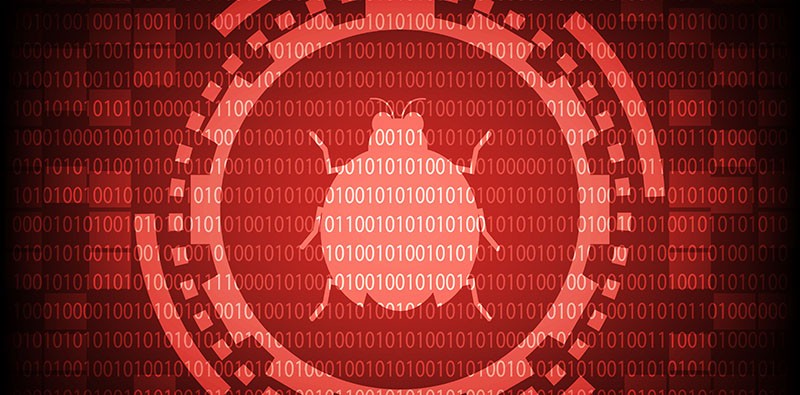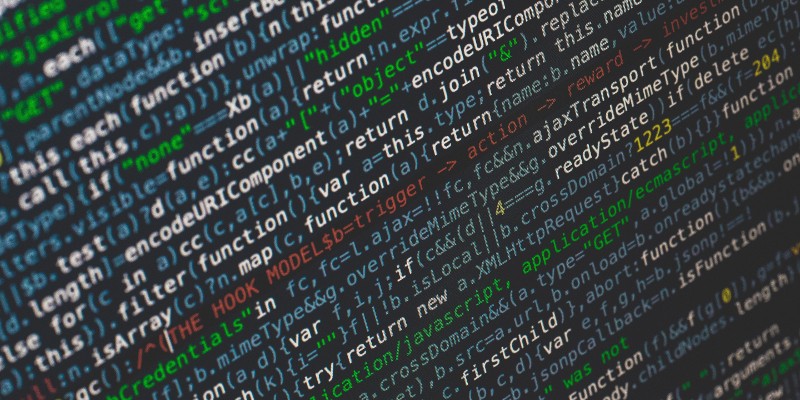One Hacker Wiped Data From Nearly Half of All MongoDB Databases and Left Ransom Notes Behind

According to a report from ZDNet, if the owners of around 23 thousand MongoDB databases try to access the information inside them, they won't find it. Instead, all they'll see is a ransom note filled with, on the face of it, at least, some pretty serious threats.
The attack was discovered by a GDI Foundation researcher called Victor Gevers, and initially, it was a lot smaller. Apparently, at first, the hacker responsible for it targeted a single misconfigured MongoDB installation. They would go in and, without actually touching the data, would leave a note, claiming that the information has been "backed up," and that to prevent it from leaking to the whole wide world, the owner needs to pay a 0.015BTC (about $136) ransom. This was most probably the testing phase of the attack.
An automated script wiped the data from 47% of all MongoDB databases
Victor Gevers told ZDNet that on June 30, the same hacker launched an automated script that identified 23 thousand vulnerable MongoDB databases, compromised them, and wiped the information they contained. The hacker left a ransom note behind that demanded the same 0.015BTC ransom for restoring of the data.
The attack wasn't especially sophisticated, but its scale is definitely noteworthy. According to ZDNet, the 23 thousand databases comprise a whopping 47% of all MongoDB servers around the world. On Twitter, a security professionals collective called Shadowserver said that 23 thousand is also pretty close to the number of MongoDB databases that are accessible without any form of authentication.
As ZDNet pointed out, at least some of the wiped databases are part of test environments, but it's safe to assume that quite a lot of production data has been lost as well, and its owners are probably pretty desperate to get it back. Those who, for one reason or another, don't have a backup might be tempted to pay the ransom. After all, considering how much valuable information might be at stake, $136 doesn't seem like such a huge sum, and the expense will serve as a reminder of how important password protection is. Before they reach for their checkbooks, however, they need to bear in mind that they can have no guarantees that they'll get their data back. In general, crooks are not to be trusted, and we mustn't forget how huge the amount of affected data could be. The hacker is unlikely to have a copy of all of it, so before they pay the ransom, owners of affected databases who don't have a working backup should probably think twice. Those who do have backups are also faced with a bit of a dilemma.
The attacker threatens to report victims' GDPR violations to the authorities
If the ransom note is to be believed, the victims don't have much time to think. The attacker says that if they don't pay up within 48 hours, all the compromised data will be leaked for the world to see. This isn't really a terribly innovative tactic. Usually, cybercriminals use deadlines and threats in order to get their victims into yielding the demands, and over the last few months, warning ransomware victims that their data could be sold or leaked has been especially popular.
The attacker that wiped half the world's MongoDB databases, however, pushed it up a notch. According to the ransom note, if the victim doesn't comply with the demands, the attacker will contact the authorities responsible for enforcing the EU's General Data Protection Regulation (GDPR) and will report the leaky databases. Quite a few things might suggest that this is a hollow threat.
For one, as we mentioned already, it's not clear whether the hacker has a copy of the compromised data, and even if they do, if they want to alert the authorities, they'll need to admit that they've committed a crime, which they're probably not that keen on doing. All in all, although they should be held responsible for poorly handling people's data, victims of this attack are unlikely to be persecuted by the EU.
Hopefully, they'll learn their lesson as well because the incident is a pretty grim reminder of how much personal information is stored incorrectly. It's also a very real illustration of how serious the consequences of all this could be.








